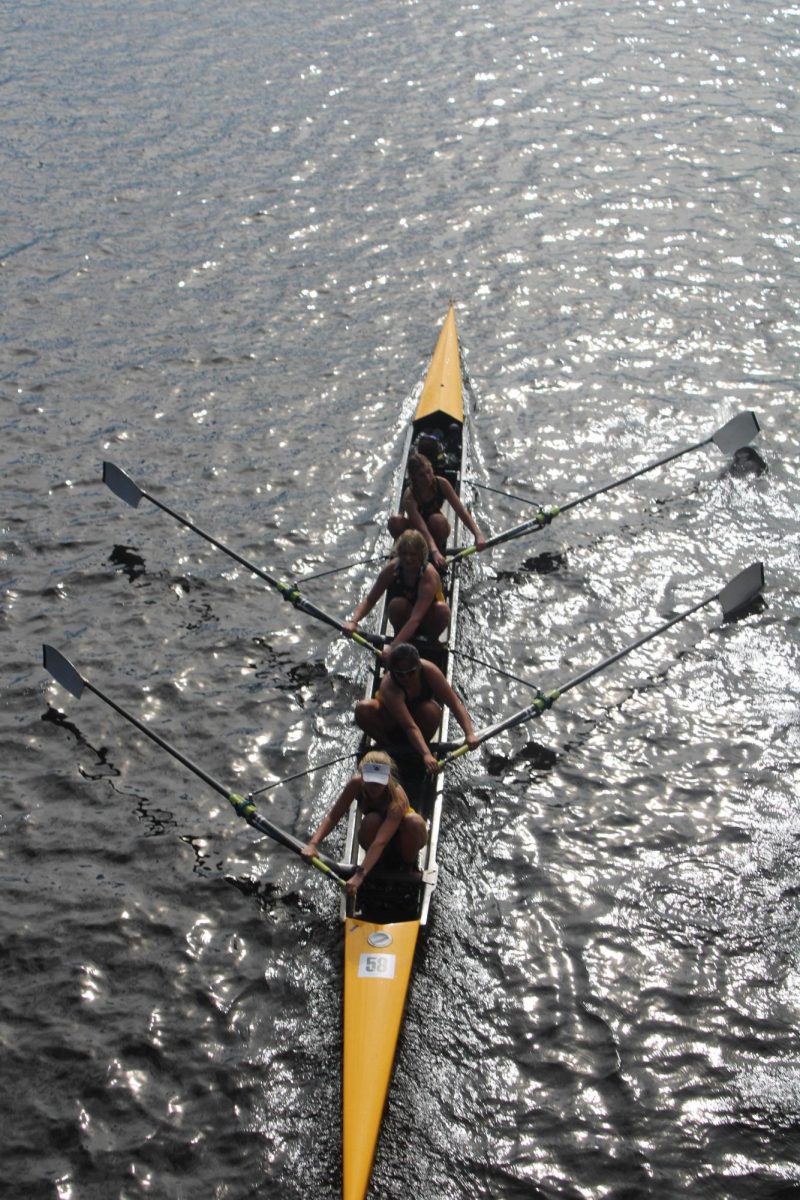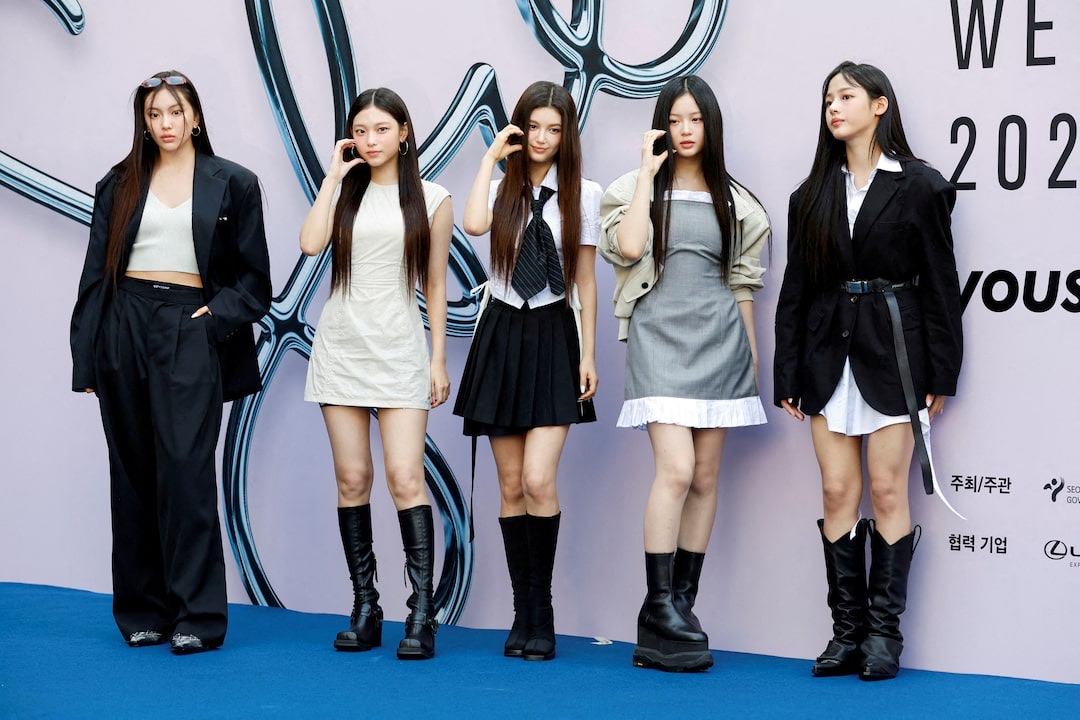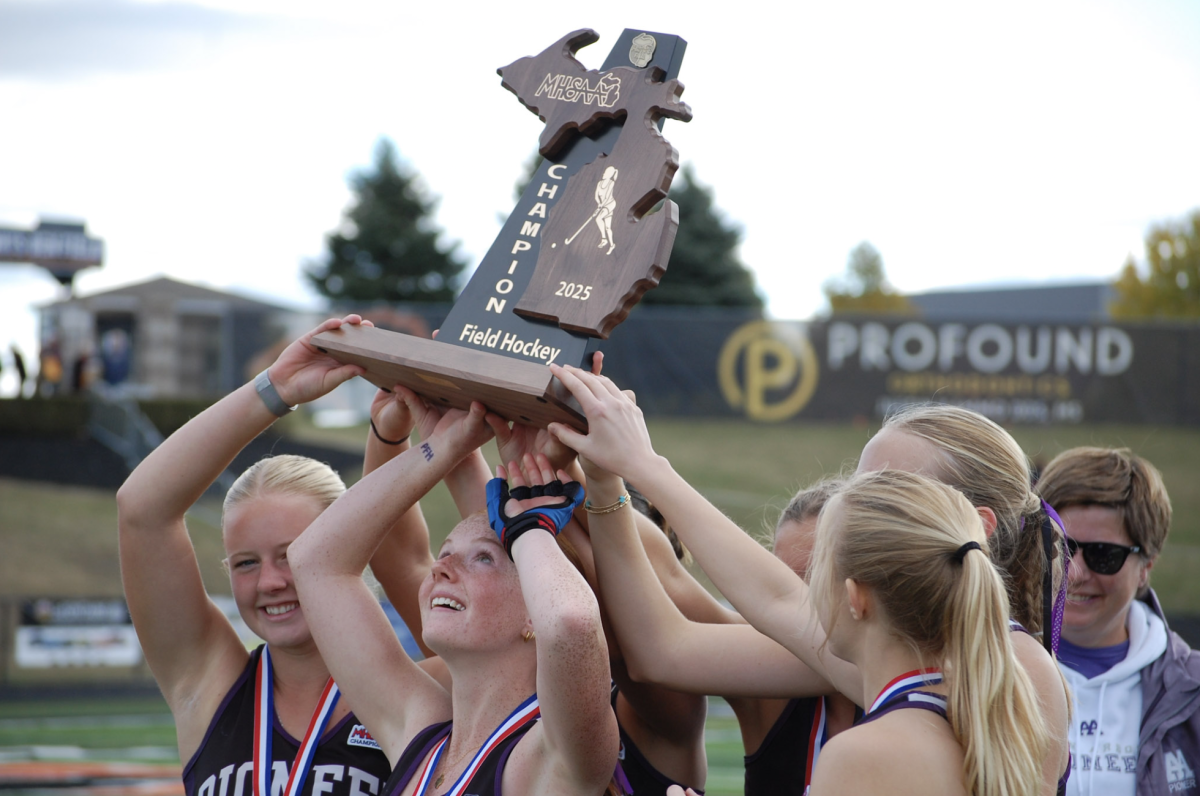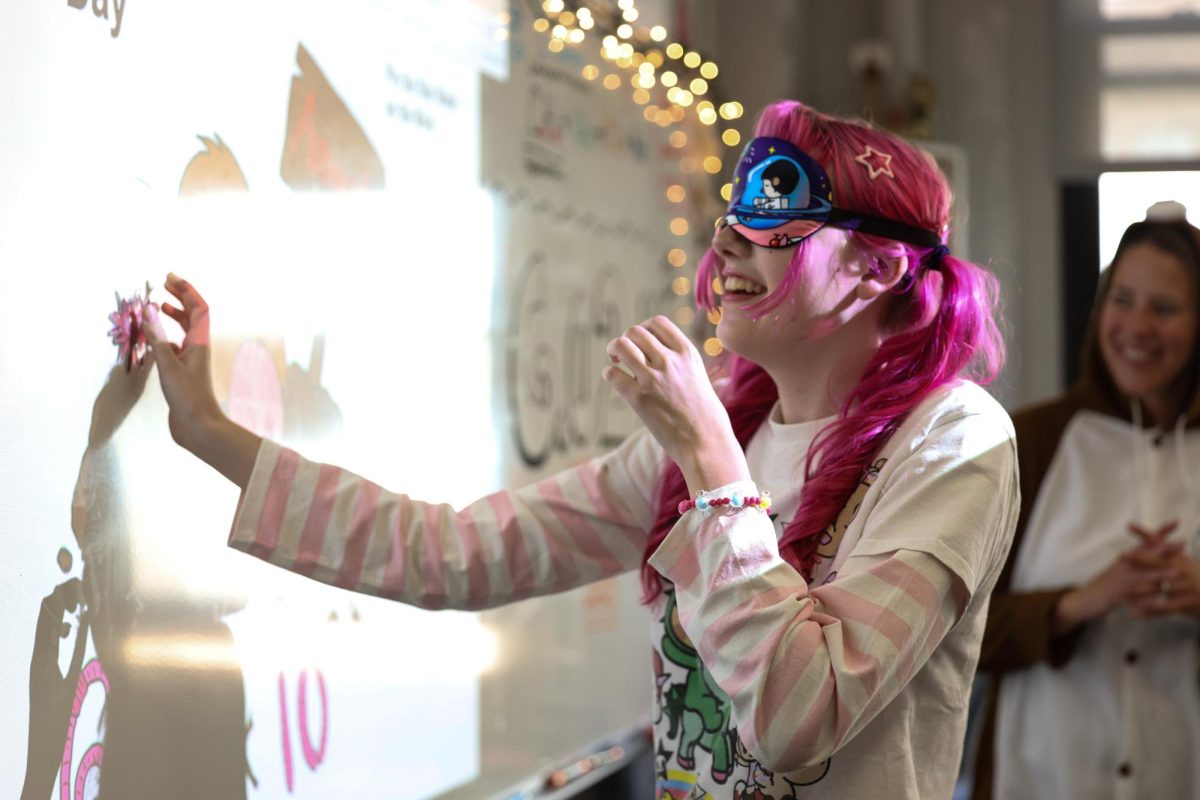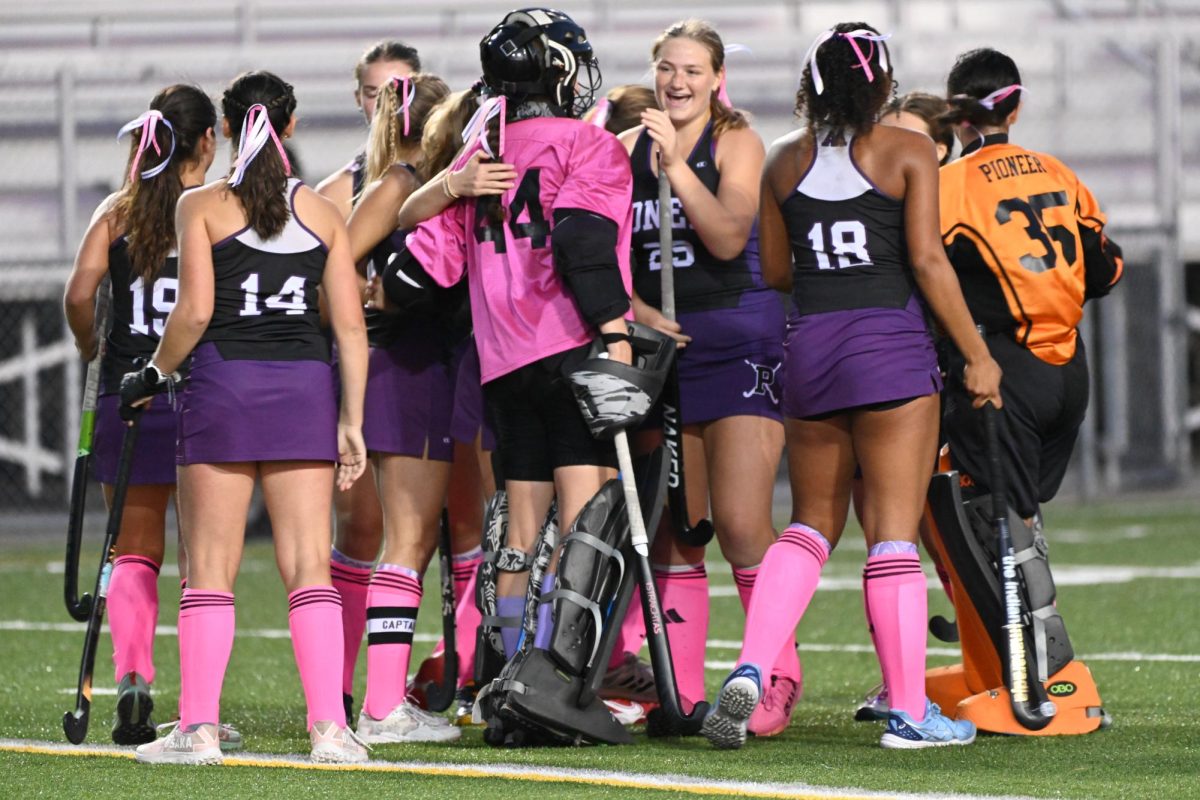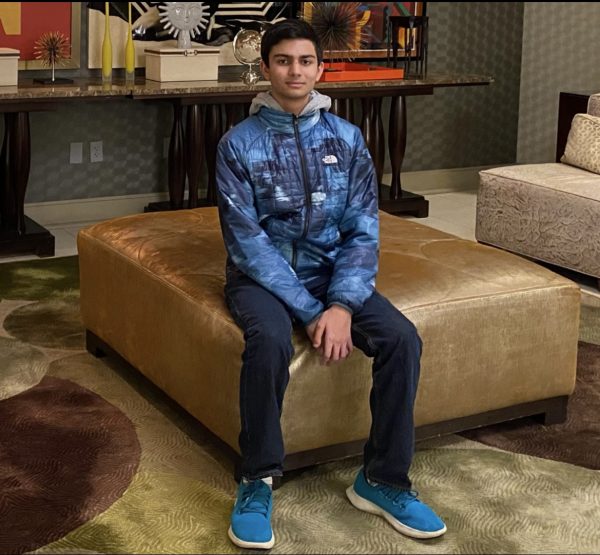“We got that 0.2 seconds behind,” CHS junior Eloise MacDougald said. “I think we could have pushed a little bit more of the front. I think we could have pushed a little bit harder if we’d known.” Macdougald reflected on her race at the Charles River after missing qualification for the Head of the Charles, one of the most competitive and renowned regattas in the world, by 0.2 seconds.
The Head of the Charles is a renowned international Regatta hosted annually for two days at the Charles River, which separates Boston and Cambridge, Massachusetts. Watching the Head of the Charles is a unique experience; more than ten thousand talented rowers from around the world across all ages row in over 1,900 boats in 61 events. Youth, Collegiate, Master and Olympic rowers participate in the event.
Three members of the Cambridge Boat Club, D’Arcy MacMahon, Howard McIntyre, and Jack Vincent, organized the Head of the Charles Regatta for the first time in 1965. A fall Regatta, according to the boat club members, would be a fun way to mix up the routine of the training season for nearby colleges and boat clubs. Three seasons prior, D’Arcy MacMahon captained the lightweight varsity team at the University of Pennsylvania. At first, they weren’t sure if the regatta would be successful because it happened at the wrong time of year and they weren’t expecting anybody to watch.
Ernest Arlett, a Harvard University sculling instructor, came up with the concept for the head race a time trial race held over longer courses than typical regattas. Since only “gentlemen” may race in England, George Ernest Arlett came to the United States. The rowing team from Northeastern University was brought by Arlett to the Henley Royal Regatta, and although the team members were invited, Arlett was still required to enter through the rear or servants door. Pedigree or class prejudice was still in force in the British rowing community.
The Regatta’s founders, despite their doubts, were committed to seeing it through to success. According to MacMahon and Jerry Olrich in an interview with the New York Times, this Regatta was “destined to become a classic.”
Frederick V. Schoch was named the Regatta’s Executive Director in 1991, and he still serves in that capacity.In 1997, the Head of the Charles Regatta was extended to a two-day occasion. It is now the largest three-day regatta in the world.
Eloise MacDougald, a CHS junior, rowed for the Huron Rowing Association this year. “It’s my first time and I’m really excited,” MacDougald said. “I’m most looking forward to seeing the course, the competition, and all the really old boat houses.”
To qualify for the Head of the Charles next year, rowers need to be in the top 50% of their specific event. The other 50% of entrance depends on a lottery and their previous results at the Charles. It’s not easy to get into every year, and even more challenging for teams to re-qualify.
In terms of competitiveness, MacDougald believes that the Head of Charles is one of the most competitive Regattas in the world with an illustrious reputation. “It’s such a competitive regatta,” MacDougald said. “I don’t think we’re expecting that we’ll do as well as we would have at a less competitive regatta. But I do think that the level that we’re competing at is inspiring for our future regattas.”
MacDougald still believes it was an inspirational and enjoyable experience that bonded her team. She enjoyed the trip with her teammates and acquired valuable takeaways from her unique experience.
“I enjoy doing it together and I enjoy pushing myself with my teammates,” MacDougald said. “I think it’s easier to push yourself when you’re doing it with other people. I don’t really like rowing alone because I think it’s hard to do and motivate yourself. This race is a ten out of ten. I thought it was just really fun to run with everyone and it was also really fun to see the crowd.”
The Head of the Charles is not just for the youth. It’s open to all categories. Andrew Todd is making waves both on and off the water. From Dartmouth, Nova Scotia, Canada, Todd is a proud member of the Canadian Para National team, representing the Northstar Rowing Club.
His journey to success reached new heights in 2016 when he earned a bronze medal during the Rio Paralympics. The following years saw him excel in the PR3 para category, claiming victory at the World Rowing Championships in both 2018 and 2019. Todd aims to raise awareness for para-rowing and its significance.
“I think, you know, it’s making people aware that pair rowing exists and that it’s a thing,” Todd said. “So just helping to bring athletes to the pool and make sure we got people to row with.”
Recently, Todd participated in the classic Head of the Charles Regatta in Cambridge, Massachusetts. While he had previously taken the race seriously and had achieved success, this year he approached it with a ‘for fun’ attitude. His highest achievement in the Charles is when he won the paradouble and finished second place in the lightweight single.
“This is a ‘for fun’ event, I’ve come in and raced the Charles seriously quite a few times in the past,” Todd said. “This year was just for fun.”
When asked about his training regimen, Todd stresses the significance of consistency. He believes maintaining a steady training routine rather than sporadic bursts of intense effort is the key to success.
“The biggest key to training is consistency,” Todd said. “You get some people who will kind of go crazy for one or two or three weeks and they fall off. It’s better to start slow and just make sure you’re showing up every day and doing a little bit every day.”
Todd’s motivation is rooted in the people around him. He sees his progress as a means to inspire and elevate those in his crew.
“It’s those around me, I want to make sure that I’m pushing myself hard enough that it helps to boost those around me and I expect the same thing of my crew to make sure that they’re pushing themselves hard enough that they’re, it’s helping give me a boost,” Todd said.
Reflecting on his youth, Todd acknowledges the challenge of balancing rigorous training with academics. Starting rowing at 19, he understands the importance of time management in achieving one’s goals.
“I didn’t start rowing until I was 19,” Todd said. “But I would say the biggest challenge is just trying to figure out how to balance training with life. I was a full-time student. It’s definitely possible but you really have to be on top of your time management.”
Trusting your training and adhering to your race plan are his sage words of wisdom for budding rowers.
“Just stick to your race plan,” Todd said. “Trust your training, a lot of times people will show up at a regatta and think ‘Oh, I need to make this change’ or do this thing differently or what have you, but I would say just trust that you know, and put in the work on it.”
Andrew Todd’s remarkable journey in para-rowing is a testament to the power of determination and consistent effort. He is not only a paragon of excellence in the world of rowing but also a source of inspiration for the next generation of athletes.



